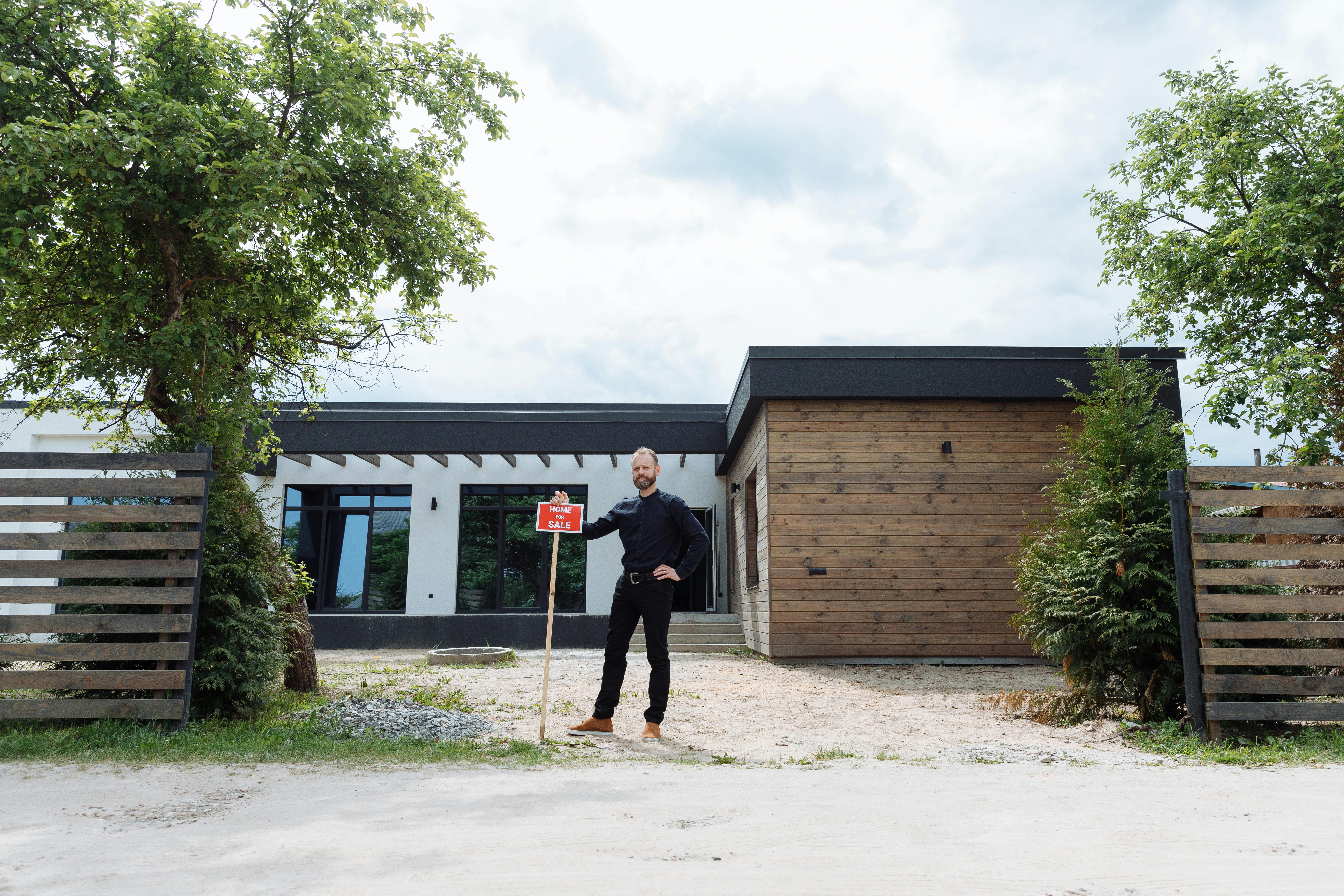Landlord Blog
Education and news for smart DIY landlords!
Selling Your Home? Why Patience Can Lead to a Better Deal

When it comes to selling a home, most people want a quick, clean sale. The “For Sale” sign goes up, and ideally, offers start rolling in within days. But in reality, rushing the process can often mean leaving money on the table. Whether it’s pricing too low, accepting the first offer, or cutting corners on presentation, impatience can cost you thousands.
Here’s why slowing down—and letting the process unfold strategically—can actually lead to a better deal.
1. The First Offer Isn’t Always the Best Offer
It’s tempting to jump at the first decent offer, especially if you’re eager to move or have another home lined up. But not all offers are created equal. Early bids often come from buyers testing the waters, hoping for a quick bargain.
By giving your listing time to attract attention, you open the door to competition. More eyes on your property means a higher chance of multiple offers—and potentially, a bidding war. Even just an extra week or two on the market can make a significant difference in your final selling price.
2. Market Timing Matters

Real estate markets move in cycles. Listing your home at the right time of year—or even the right week—can dramatically affect your success. For instance, spring and early summer typically see the highest demand, while winter can be slower.
If you can afford to wait until the market favors sellers, that patience can translate directly into profit. A few months of holding off might yield a stronger pool of buyers and more favorable offers.
Read more: The Best Time of Year to Sell a House
3. Preparation Pays Off
Rushing to sell often means skipping key steps that increase your home’s value. Deep cleaning, staging, small repairs, and professional photography take time—but they’re worth every minute.
Homes that are well-prepared tend to sell faster and for more money. According to multiple real estate studies, staged homes can sell for up to 10% more than unstaged ones. Taking that extra week or two to make your home shine isn’t wasted time—it’s smart investment.
Read more: How to Prepare Your Home for Sale in a Competitive Market
4. Negotiation Requires Strategy, Not Speed

Once offers start coming in, patience becomes your secret weapon. Negotiation isn’t just about the number—it’s also about terms, contingencies, and timing. If you act too quickly, you might overlook red flags or accept conditions that aren’t in your best interest.
Give yourself space to think, consult with your agent, and counter strategically. A deliberate approach communicates confidence to buyers and often leads to stronger final offers.
Read more: Negotiation Skills: How Your Real Estate Agent Can Get You the Best Deal
5. The Calm Seller Has the Advantage
Buyers can sense desperation—and they use it. When you appear too eager to sell, it gives them leverage. On the other hand, a calm, patient seller signals that the property is worth waiting for. That perception alone can drive up both interest and price.
Conclusion
In real estate, speed isn’t always success. The best deals come to those who prepare, time things well, and trust the process. By staying patient, you don’t just sell your home—you maximize its true value.
